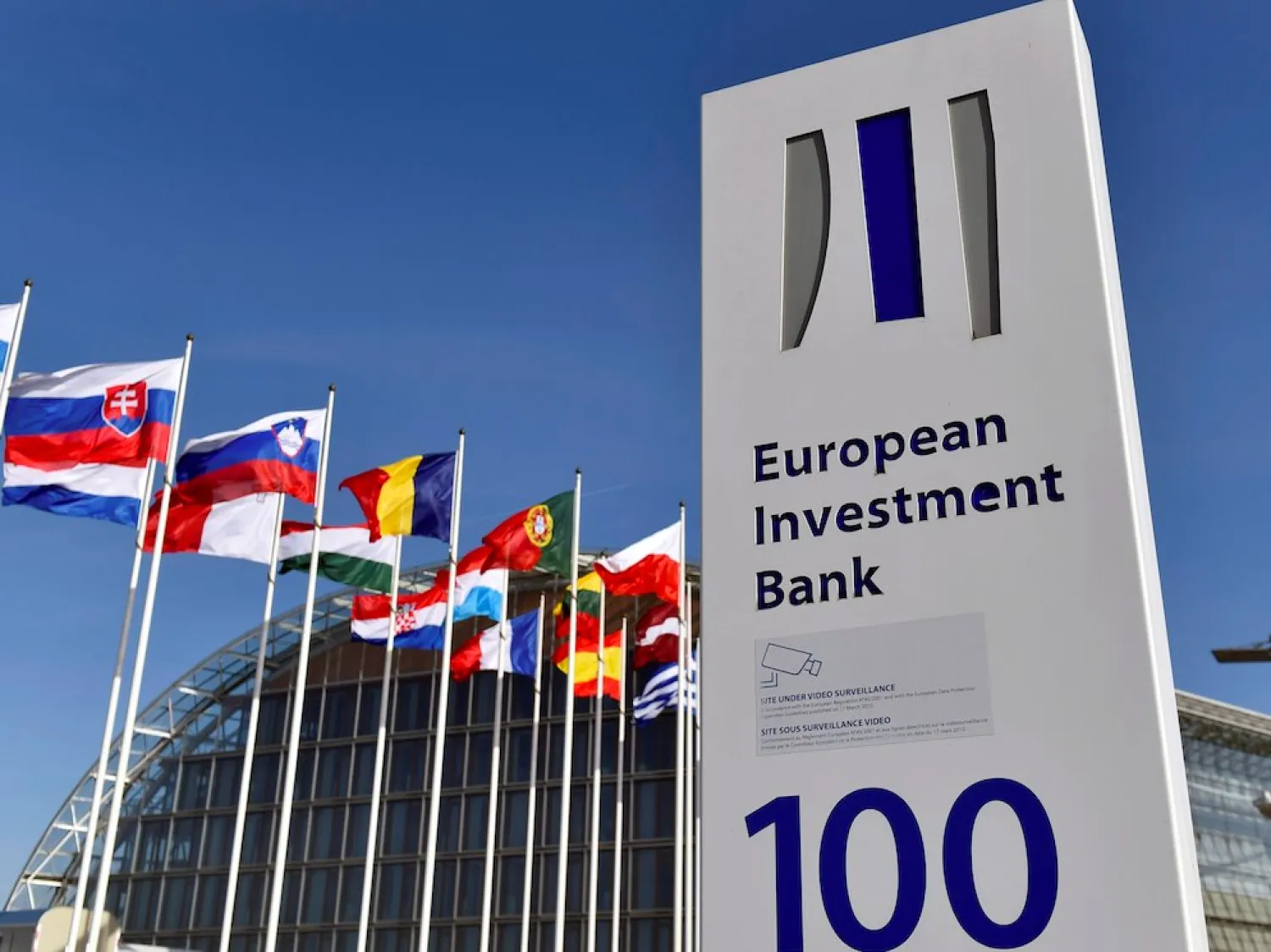The European Investment Bank (EIB) and Arab Bank have signed a financing agreement of EUR 300 million to support small- and medium-sized enterprises (SMEs) and midcaps in Jordan, Egypt, Lebanon, Morocco and the West Bank.
The operation comes under the EIB’s Economic Resilience Initiative (ERI), aimed at enhancing the prospects for more resilient and inclusive growth as well as creating sustainable employment opportunities in the region.
This new credit line brings the overall EIB finance to private sector development in the EU Southern Neighborhood region to EUR 1.8 billion over the last two years.
The finance agreement is the first EIB’s regional credit line for small and medium businesses in the selected countries.
The EIB’s financing will be channeled by Arab Bank at rates affordable to small and medium businesses in the region, thereby enhancing economic growth through catalyzing and accelerating private investment.
“The EU is supporting Jordan in its ongoing efforts to reinforce the stability and resilience of its economy. We work together with the national authorities, the civil society and the financial sector to support private sector and improve access to finance so that all segments of the population in Jordan – including women, youth and refugees - can equally pick from better and more options to improve their financial and job perspectives,” European Union Ambassador to Jordan Andrea Matteo Fontana said.
Commenting on this landmark transaction, Flavia Palanza, Director of EU Neighboring Countries at the EIB, said the cooperation with Arab Bank “will contribute to speed up the delivery of vital finance to support the investments of small and medium enterprise in Jordan, Egypt, Lebanon, Morocco and the West Bank. SMEs play an important role in job creation, innovation and sustainable economic growth.”
“As the Bank of the European Union, our aim is to contribute to building stronger and resilient economies that create jobs. Supporting private sector in the EU neighborhood region is a priority under the Bank’s Economic Resilience Initiative.”
As for Arab Bank’s CEO, Nemeh Sabbagh, he said: “This very special initiative is fully aligned with our constant efforts towards supporting economic growth and development in Jordan and our region.”
“The support for the SME sector is also a key priority of governments throughout the MENA region … we are proud to be able to contribute to the overall success of this sector,” he added.









